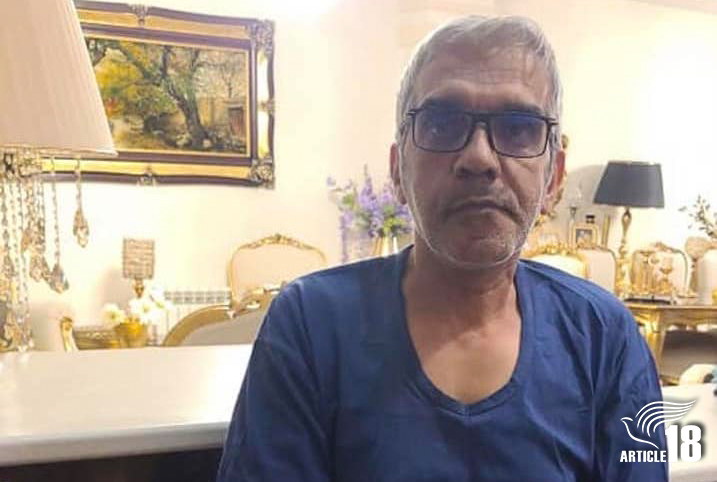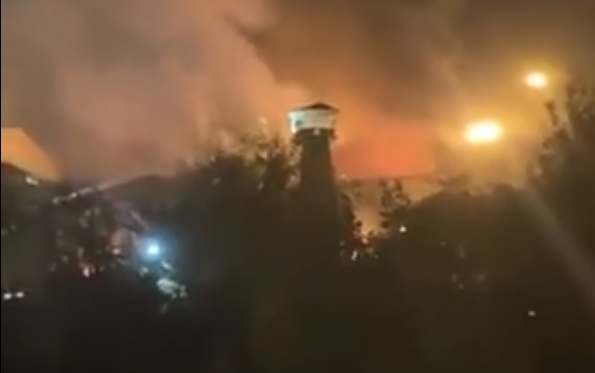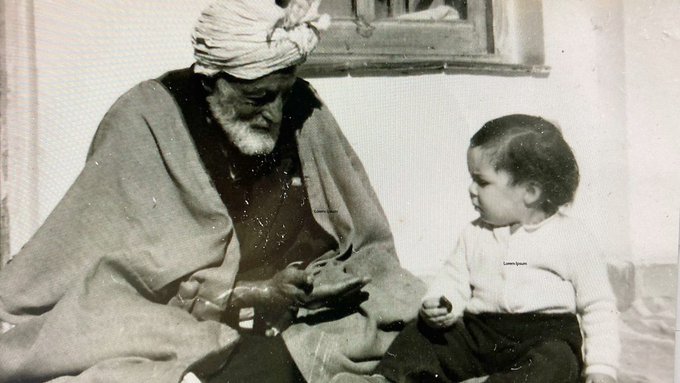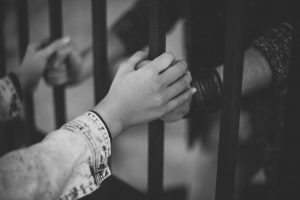
by Steve Dew-Jones | 17 Oct 2022 | News
Christian prisoner of conscience Nasser Navard Gol-Tapeh has been freed after nearly five years in Tehran’s notorious Evin Prison. Nasser was told earlier today that he had been “pardoned”. He called his family soon afterwards to tell them the surprising news...

by Steve Dew-Jones | 17 Oct 2022 | News
A fire at a Tehran prison housing hundreds of political prisoners, including a dozen Christians, caused widespread alarm on Saturday night, claiming at least four lives. Many more are believed to have been injured as a result of the fire at Evin Prison, whose cause...

by Steve Dew-Jones | 7 Oct 2022 | Analysis
A version of this article, written by Article18’s director, Mansour Borji, first appeared on the website of The Tablet, under the headline, ‘The people of Iran have spoken – they want this regime gone’. A paint-splattered Iranian embassy. It...

by Steve Dew-Jones | 3 Oct 2022 | Features
Article18’s director, Mansour Borji, says the world needs more Brother Andrews: people who courageously slay giants and break the bonds of injustice, even when they are wearing the clothes of those in authority. Brother Andrew with his famous Volkswagen, with...

by Steve Dew-Jones | 27 Sep 2022 | Features
This extract is taken from the latest episode of BBC Radio 4’s Sunday Worship, presented by Bishop Guli Francis-Dehqani on 25 September. A young Guli, with her grandfather, whom she described as “a godly and wonderful Muslim man of deep faith”....






